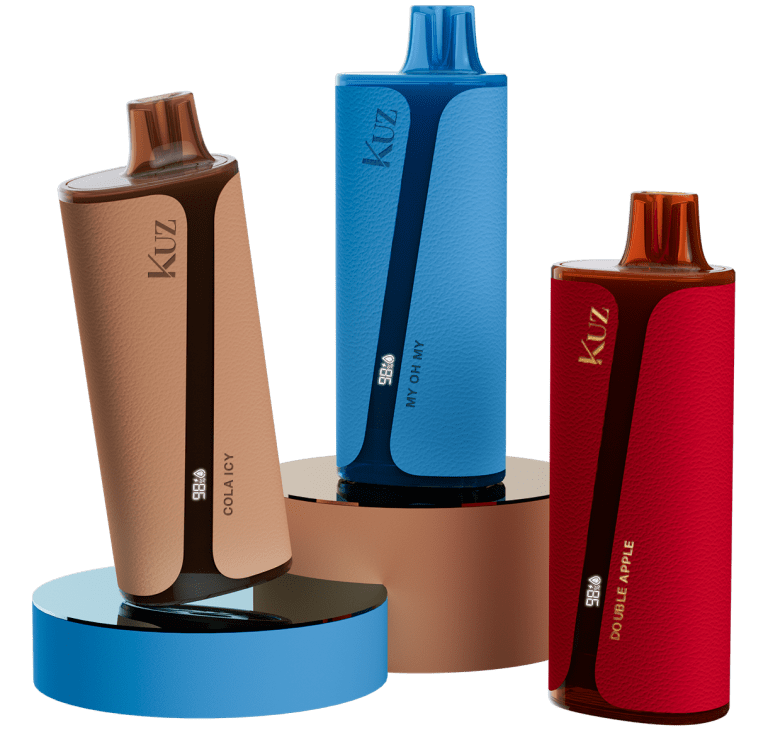When it comes to preparing for surgery, patients often have many questions about what they can and cannot do before the procedure. For those who vape, one critical question arises: “Can I vape before surgery?” The short answer is no, and here’s why.
The Impact of Nicotine on Your Body
Vaping, particularly when it involves nicotine, can have serious implications for your surgery and recovery. Nicotine is known to constrict blood vessels, reducing blood flow and oxygenation to tissues. This reduced circulation can impair wound healing and increase the risk of complications like infections and blood clots. Additionally, nicotine raises your heart rate and blood pressure, making it harder for your body to handle the stresses of surgery and anesthesia.
Anesthesia Complications
Anesthesiologists must carefully calculate the amount of anesthesia required for each patient. Nicotine, however, can interfere with this process. The presence of nicotine in your system can alter how your body metabolizes anesthetic drugs, leading to unpredictable effects. This can result in either under- or over-sedation, both of which pose significant risks during surgery. Ensuring that your body is free from nicotine can help your anesthesiologist manage your care more effectively.
Delayed Healing and Increased Risk of Complications
One of the most concerning effects of vaping before surgery is its impact on post-operative healing. Nicotine’s ability to reduce blood flow can delay the healing process, prolonging your recovery time. In some cases, this can lead to wound dehiscence (where a wound reopens) or infections that could have otherwise been avoided. For surgeries where precise healing is critical, such as plastic surgery or major orthopedic procedures, the risks associated with vaping are even more pronounced.
Why You Should Quit Vaping Before Surgery
Given the risks, most surgeons recommend that patients stop vaping at least two weeks before their surgery. This allows enough time for nicotine to clear from your system, reducing its impact on your body’s ability to heal and respond to anesthesia. If quitting entirely is too challenging, reducing your nicotine intake as much as possible is a crucial step toward a safer surgical experience.
Quitting vaping can be difficult, but it’s important to consider the benefits not just for your surgery, but for your overall health. Nicotine replacement therapies (NRT), such as patches or gum, might be helpful, but these too should be used cautiously and ideally under the guidance of your surgeon, as they still introduce nicotine into your system.
Preparing for a Successful Surgery
In addition to quitting vaping, there are other steps you can take to prepare for a successful surgery:
- Discuss Your Vaping Habit: Always inform your surgeon about your vaping habit. This will allow them to plan for any potential complications and adjust your care as needed.
- Follow Pre-Surgery Guidelines: Adhere strictly to any pre-operative instructions provided by your healthcare team. This includes guidelines on fasting, medications, and other lifestyle factors.
- Seek Support: If you’re finding it hard to quit vaping, seek support from healthcare professionals, quitlines, or support groups. The added motivation of a successful surgery can be a powerful incentive.
Conclusion
Vaping before surgery is not advisable due to the risks it poses to both the surgery itself and your recovery. By quitting or significantly reducing your nicotine intake before the procedure, you can help ensure a smoother, safer surgical experience and faster recovery. Always consult with your surgeon and healthcare team to develop a plan that best suits your needs and ensures the best possible outcome for your surgery.



